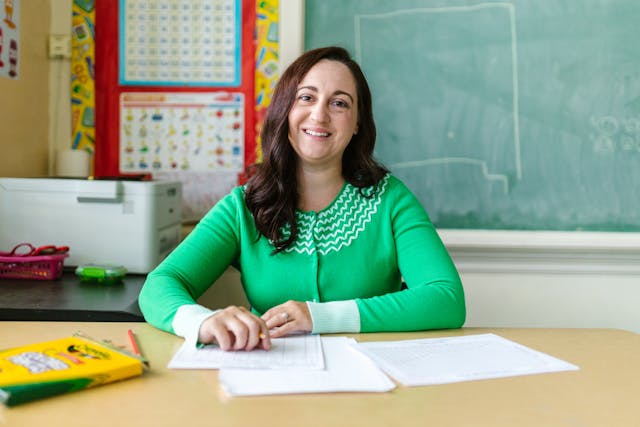
A Guide to Student Teaching: Tips for Success
Student teaching is a pivotal step in the journey to becoming an educator. It provides aspiring teachers with hands-on experience, allowing them to apply theoretical knowledge in a real-world classroom setting. While this period can be both exciting and challenging, proper preparation and a positive mindset can make all the difference. Here are some essential tips to help you succeed during your student teaching experience.
Build Strong Relationships
Establishing good rapport with your mentor teacher, students, and school staff is critical. Your mentor teacher will be your guide, offering feedback and support as you navigate this new role. Communicate openly, ask questions, and be receptive to constructive criticism. Building connections with students will help you better understand their needs and create a positive learning environment.
Be Prepared
Preparation is key to successful teaching. Plan your lessons thoroughly, considering the learning objectives, materials needed, and possible challenges. Having a clear structure will not only help you stay on track but also demonstrate your professionalism and commitment. Always have a backup plan in case your original idea doesn’t go as expected.
Embrace Feedback
Feedback from your mentor teacher and other staff is invaluable. Instead of viewing critiques as negative, see them as opportunities for growth. Reflect on the feedback, identify areas for improvement, and actively work to enhance your teaching skills. Remember, this is a learning experience, and no one expects perfection.
Stay Organized
Juggling lesson plans, assignments, and classroom responsibilities can be overwhelming. Use tools like planners, calendars, or digital apps to stay organized. Prioritize tasks and set realistic goals to ensure you’re meeting deadlines and staying on top of your responsibilities.
Adapt to Challenges
Teaching rarely goes exactly as planned. Be ready to adapt and think on your feet when unexpected situations arise. Whether it’s a lesson that doesn’t resonate with students or a technical issue with your materials, maintaining a flexible and positive attitude will help you navigate challenges effectively.
Engage with Students
Building relationships with your students is one of the most rewarding aspects of teaching. Take the time to learn their names, interests, and learning styles. Creating a classroom culture where students feel valued and understood will foster a more inclusive and productive learning environment.
Observe and Learn
Take advantage of the opportunity to observe experienced teachers. Notice how they manage their classrooms, engage students, and handle challenges. Reflect on what strategies align with your teaching style and consider how you can incorporate them into your own practice.
Take Care of Yourself
Student teaching can be demanding, so it’s important to prioritize self-care. Ensure you’re getting enough rest, eating well, and setting aside time to relax and recharge. Managing stress effectively will help you stay focused and energized throughout your placement.
Be Professional
Treat your student teaching experience as a job. Arrive on time, dress appropriately, and maintain a professional demeanor. Show initiative by volunteering to help with school events or activities, as this will demonstrate your commitment and enthusiasm for teaching.
Reflect on Your Experience
Regular reflection is a powerful tool for growth. After each day or lesson, take a few minutes to think about what went well and what could be improved. Keeping a journal can help you track your progress and identify patterns in your teaching practice.
Student teaching is an incredible opportunity to grow as an educator and make a meaningful impact on students’ lives. By approaching it with preparation, openness, and enthusiasm, you’ll not only build the skills necessary for a successful teaching career but also create memories and experiences that will stay with you forever. Embrace the journey, and remember that every challenge is a chance to learn and improve.
Top Teacher Career Articles
* Privacy Policy